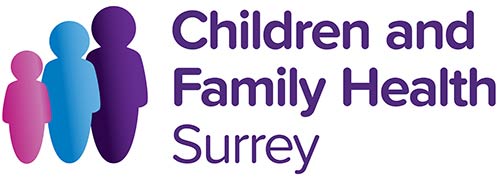
You can turn almost anything into a game. Every little thing you do together will help them be ready for starting school.
All children develop at different rates and you know your child. You can support their development in everyday conversations, activities and play.
If a child has difficulty understanding language or speaking, they may struggle in nursery or school. However, they can develop these skills with help and support.
- Speech and Language UK website has a guide to the typical stages of speech and language development in babies, children and young people.
- BBC Tiny Happy People website (Baby bump bonding) gives ideas for talking and bonding with your baby during pregnancy as well as reasons why you should talk to your bump and things to do to help you prepare for baby's arrival.
- Better Health Start for Life website (0-6 months) has tips and activities to help your baby develop their speech skills:
- Conwy County Borough Council website includes videos about early years child development.
- BBC Tiny Happy People website has activities from pregnancy to starting school for children's language development and parenting advice
- Hungry Little Minds website supports developing speech.
- Bookstart website supports developing speech.
- National Literacy Talk supports developing speech.

It may seem that these skills happen naturally but this does not always happen. Parents, carers and family members have an important role in a child's development.
If you are worried or concerned about your child’s speech, language and communication development, please use the advice and tips below. These tips are suitable for all children including those with additional and complex needs.
Contact the health visiting team if you are still concerned by calling our advice line or going to a child health drop-in.
Early Years settings like day nurseries, pre-schools and child minders help your child to learn, develop new skills, make friends and have fun.
Children develop quickly from birth to five years old and early education can support their development and wellbeing.
- Surrey Family Information Service website has information about childcare including funded places for two-year olds.
- Surrey Family Information Service Directory has details of toddler groups in your local area.
- Surrey County Council website has information about Bookstart and your local library.
The Health Visiting team and Early Years Education Services support children up to school-age in developing early communication and interaction, activities and play. The sections above provide information, advice and resources for families. If further support is needed please contact the Health Visiting team by telephoning the Surrey-wide 0-19 Advice Line or visiting a Child Health Drop-in.
The specialist Speech and Language Therapy service provides assessment, therapy and advice for children who have not yet started school and have persistent and significant speech, language, fluency and social communication and interaction difficulties. Our Specialist Dysphagia Speech and Language Therapy team support children aged 0 to 5 years with eating, drinking and swallowing difficulties. Children aged 0 to 18 years with a communication difficulty relating to a stammer, recently acquired brain injury, voice and acute deteriorating illness should be referred directly to the Speech and Language Therapy service.
For children in school and who do not meet the criteria above, please contact the school-based Speech and Language Therapy team at Surrey County Council.

